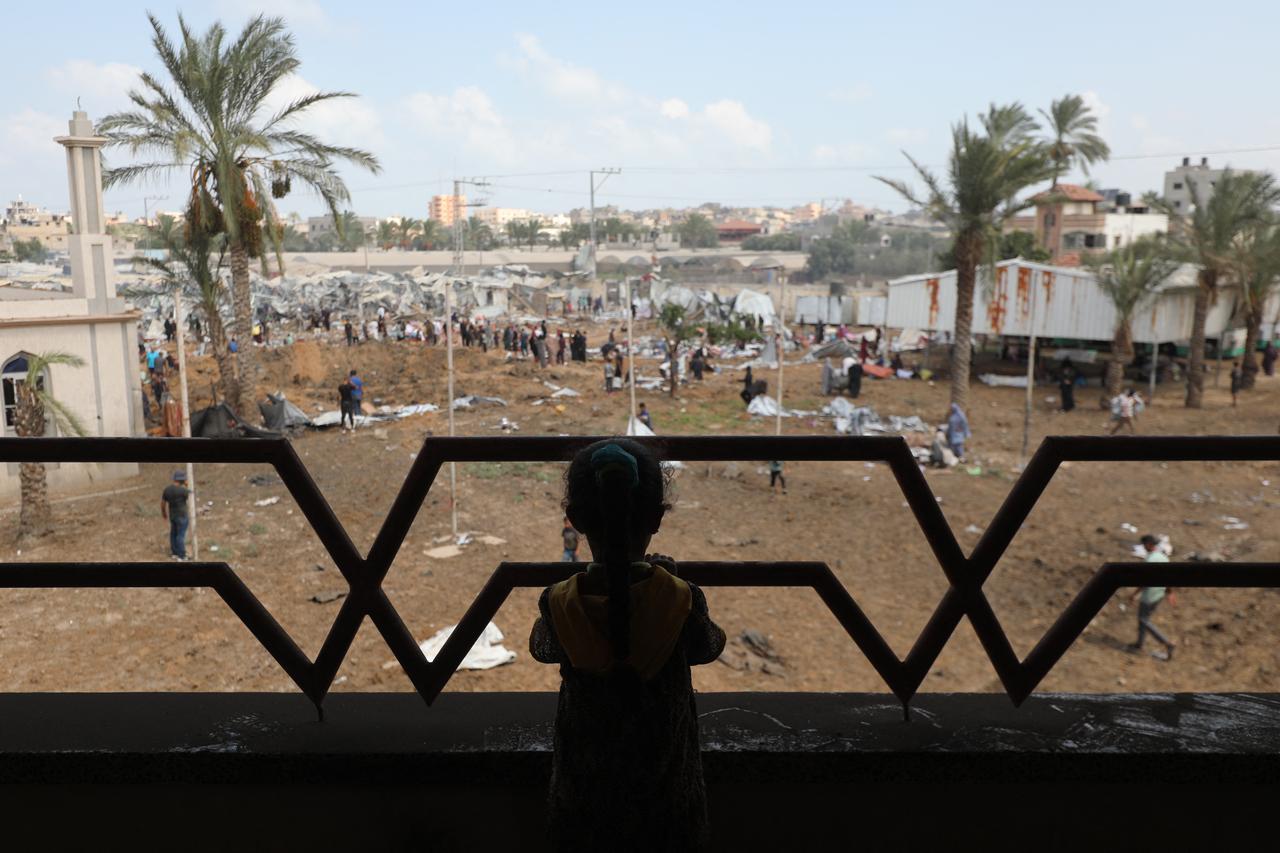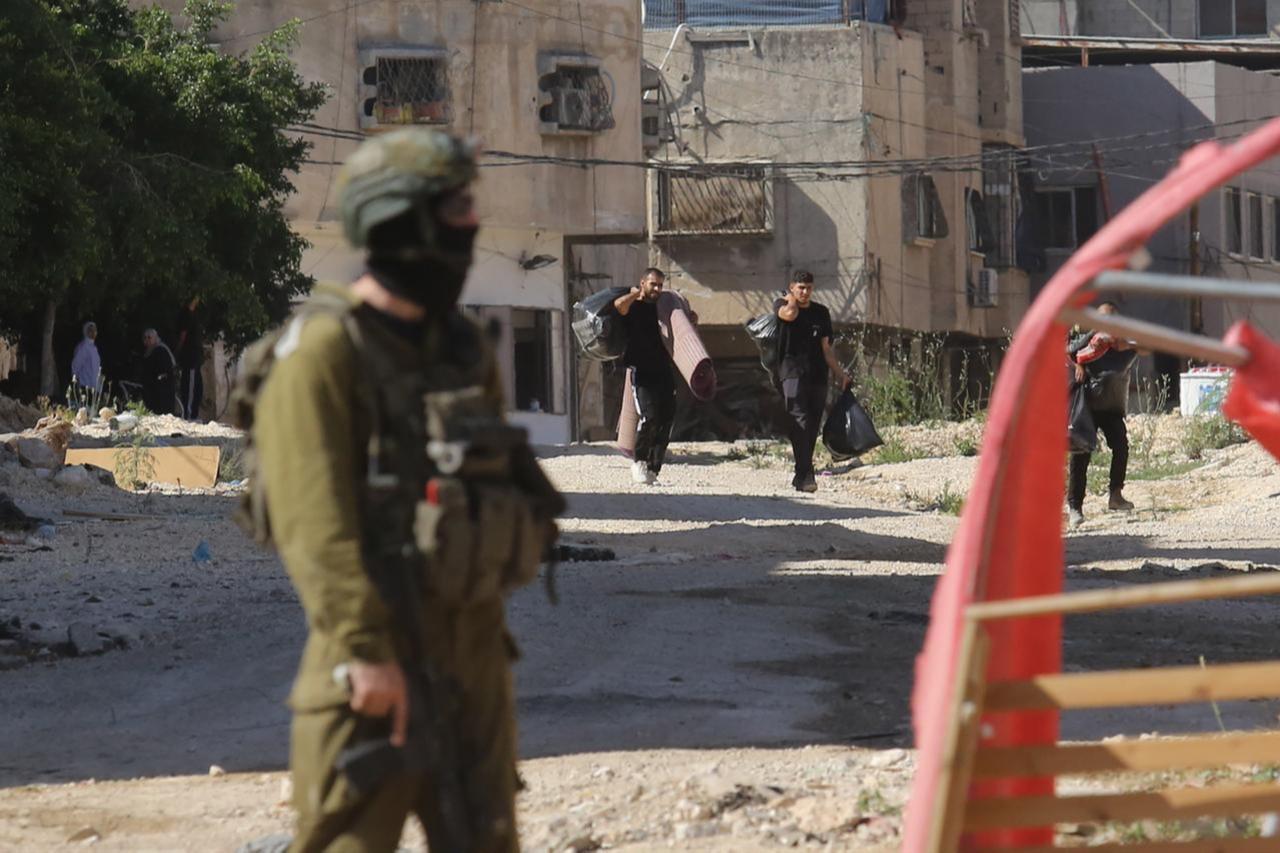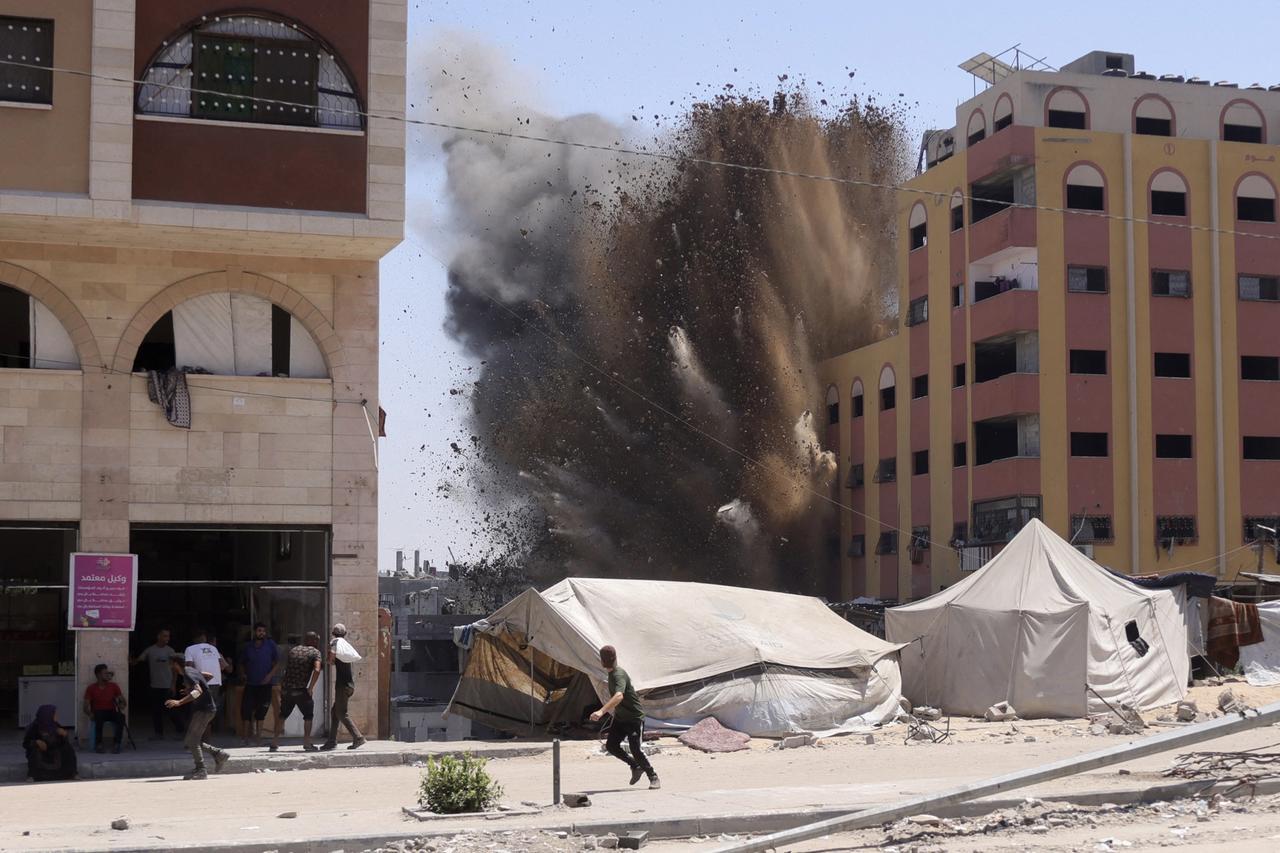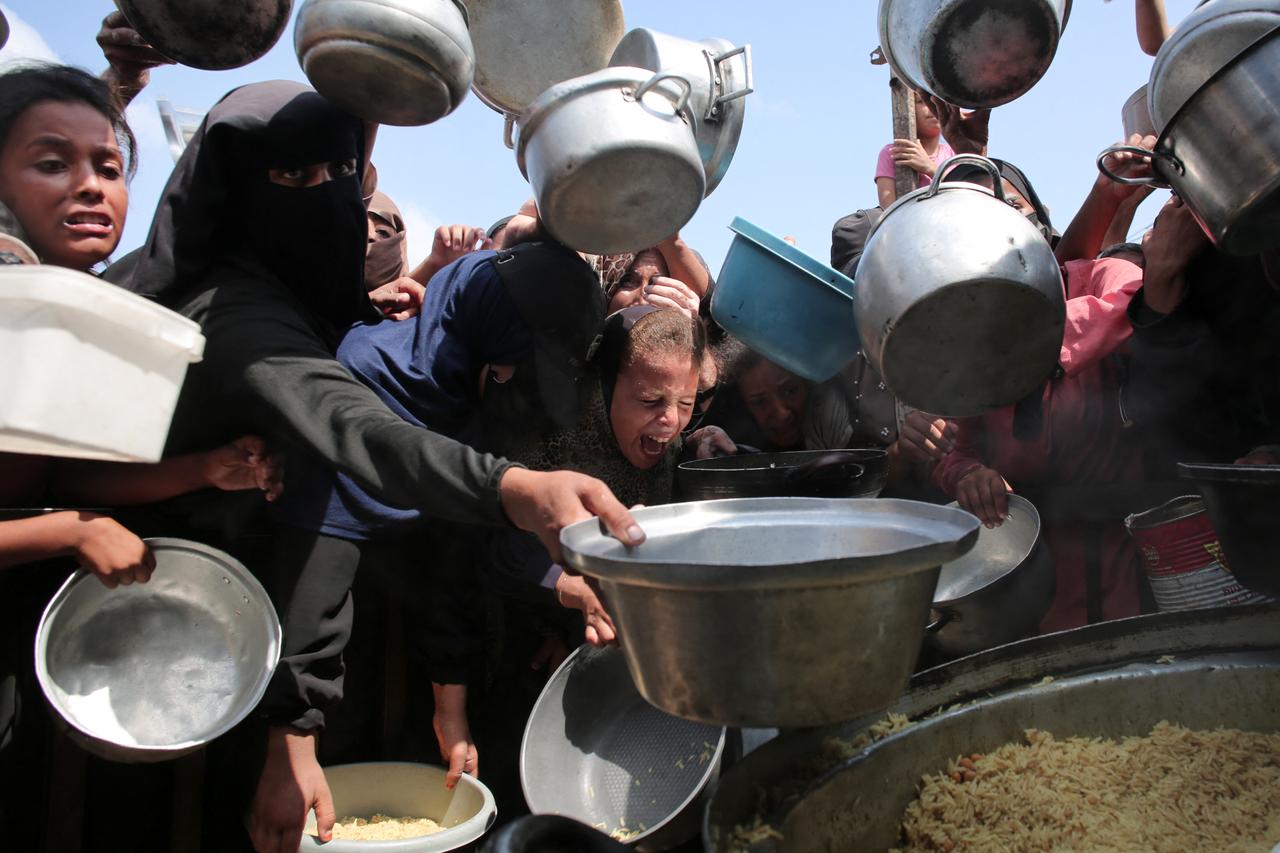
Israel has approved one of its most consequential West Bank settlement projects in decades while moving forward with a full-scale assault on Gaza City, exposing a strategy that extends beyond security into domination of Palestinian land.
Latest developments:
The same leadership that once pledged no further land expropriation, as Netanyahu did in his 2009 Bar-Ilan speech, now has ministers like Bezalel Smotrich openly declaring the “erasure” of a Palestinian state through settlement expansion.

Israel has given final approval for the long-stalled E1 settlement project, a plan to build about 3,500 homes linking the Maale Adumim bloc to Jerusalem.
The location of E1 is significant since it is one of the last geographical links between Bethlehem and Ramallah. Critics say the move would split the occupied West Bank in two, cut East Jerusalem off from Palestinian communities, and make a future contiguous Palestinian state nearly impossible.
Furthermore, East Jerusalem is particularly important for Palestinians because it is considered the top choice for the capital of a future Palestinian state.
Finance Minister Bezalel Smotrich called the decision "historic," saying: "The Palestinian state is being erased from the table not with slogans but with actions." He also said that "Every settlement, every neighborhood, every housing unit is another nail in the coffin of this dangerous idea."
The United Nations urged Israel to reverse the approval, stressing that all settlement construction in occupied territory violates international law. More than 700,000 settlers already live in the West Bank and East Jerusalem.
Alongside government plans, settler violence against Palestinians has furhter increased. Recent incidents include masked settlers torching olive groves and vehicles, storming villages, and even lynching two young men.
A BBC team witnessed settlers attacking farmland near Turmus Aya while soldiers blocked Palestinians from reaching the site. Rights groups say such assaults are rarely prosecuted, feeding a climate of impunity that pushes Palestinians off their land.

On the other hand, Prime Minister Benjamin Netanyahu has pressed ahead with the invasion of Gaza City, framing it as a fight against Hamas but escalating what aid groups call a campaign of mass displacement.
The Israel Defense Forces (IDF) ordered civilians in parts of the city to evacuate, even as humanitarian agencies warned there is nowhere safe left to go.
On Thursday, United Nations Secretary-General Antonio Guterres said "It is vital to reach immediately a ceasefire in Gaza to avoid the death and destruction that a military operation against Gaza City would inevitably cause."
Military officials said the objective is to “conquer” Gaza City in order to dismantle Hamas’ last strongholds. Yet analysts argue the offensive amounts to a policy of depopulation, as tens of thousands of Palestinians are again uprooted from homes already destroyed by months of bombardment.
Rights groups note that Israel has enforced a 17-year blockade on Gaza, controlling food, water, medicine, electricity, and freedom of movement. The current ground campaign deepens this control, pushing the enclave into collapse under the combined weight of siege and invasion.
According to The Independent, Netanyahu is also under pressure from some far-right ministers to reject a temporary ceasefire and pursue annexation of the territory. This once again raises the question of whether the invasion aims to battle Hamas or displace Palestinians for future settlement.

Taken together, the E1 settlement approval and the Gaza City offensive strip away the last illusions of a “temporary” occupation.
What emerges instead is a long-term strategy of fragmentation: carving up the West Bank into disconnected enclaves while reducing Gaza to an unlivable zone under IDF's permanent military control.
Israeli leaders continue to invoke the language of defense and democracy and receive support from the United States, but their actions reveal something else; a deep-rooted system built on annexation, siege, and displacement.
International law has long classified the settlements as illegal, yet their expansion now comes with open boasts of erasing Palestinian statehood. Hostages, Israel's national safety, “Israel's right to defend itself,” and precise targeting of Hamas have long been refuted by Israel's continuous attacks on civilians.
For Palestinians, the consequences are immediate and devastating: farmers driven from their land in the West Bank, families in Gaza forced into repeated exile inside their own territory, and a generation grows up under constant surveillance and military assault while trying to survive famine.
For Israel, the costs are moral and political, as its claim to democracy rings increasingly hollow in the face of a deepening regime of control. However, this does not seem to stop Israel or dissuade its supporters.
Civilians in Gaza have said they believe only “a miracle [can] save us,” while the families of the Israeli hostages held by Hamas called it “a colossal catastrophe for both the hostages and our soldiers," as reported by The Independent.
The simultaneous suffering of Israeli hostage families and Palestinians in Gaza and the West Bank reveals that Israel’s agenda has never been to end terrorism but to ensure that, from the river to the sea, Palestine will never be free.